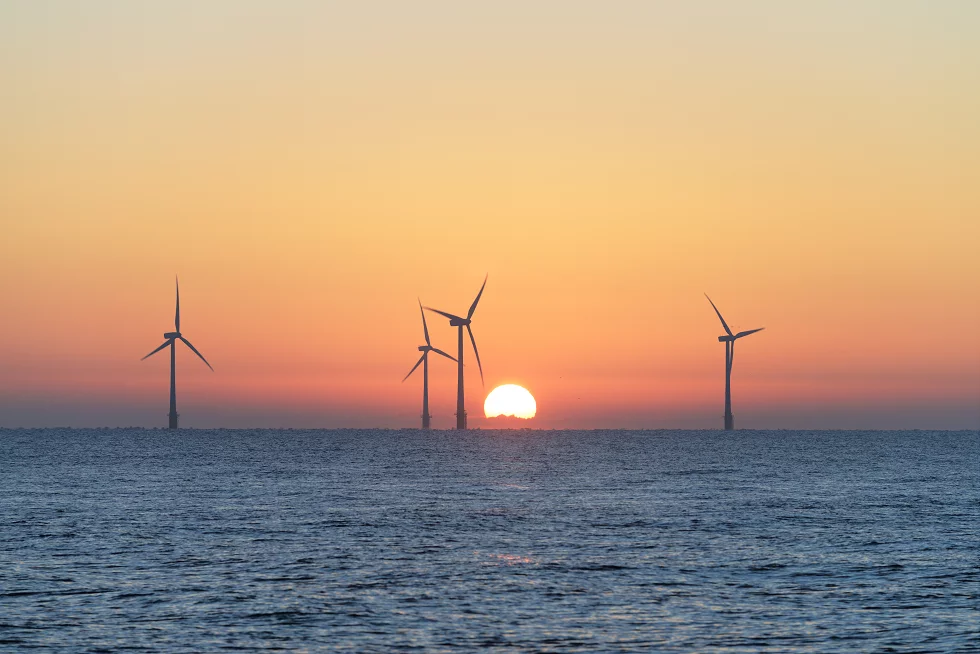Unlocking the Potential of Europe's Offshore Energy: Challenges and Solutions
Key Ideas
- Recommendations for rehabilitating EU energy networks for a fossil fuel-free future are outlined in two new publications from the Heinrich-Böll-Stiftung European Union.
- The North Sea's potential as a powerhouse for offshore energy integration is highlighted, with plans for significant offshore wind capacity by 2050 and advancements in ocean energy technologies.
- Challenges in offshore energy infrastructure planning include time constraints, the need for integrated planning of electricity, gas, and hydrogen networks, and financial considerations, with potential savings through a meshed offshore grid.
- Collaboration among EU countries and neighbouring nations is crucial to address energy infrastructure challenges and facilitate the efficient distribution of renewable energy sources like offshore wind power and hydrogen.
The European energy transition towards renewable sources like offshore wind and hydrogen is at the forefront of discussions to achieve a sustainable future. Two new publications from the Heinrich-Böll-Stiftung European Union emphasize the importance of rehabilitating existing energy networks to align with a future without fossil fuels. Authors recommend a comprehensive, integrated approach to planning European energy infrastructure, balancing centralized and decentralized elements.
The North Sea is envisioned as a key player in Europe's energy landscape, with plans to install substantial offshore wind turbine capacity by 2050. Additionally, advancements in ocean energy technologies, such as underwater turbines, offer further renewable energy potential. Collaboration among EU Member States and neighbouring countries is crucial to deepen energy integration in the North Sea region.
Challenges in offshore energy infrastructure planning are outlined, including the time required for anticipatory planning, the need for integrated assessment of electricity, gas, and hydrogen networks, and financial considerations for grid expansion. The potential for savings through a meshed offshore grid is highlighted, along with the efficiency of sending offshore wind power directly to industrial demand centers through refurbished fossil gas pipelines.
The article stresses the importance of cross-border collaboration and harmonized processes to prioritize and accelerate energy infrastructure updates. By addressing key challenges and embracing integrated planning, Europe can unlock the full potential of its offshore energy resources and advance towards a sustainable, interconnected energy system.
